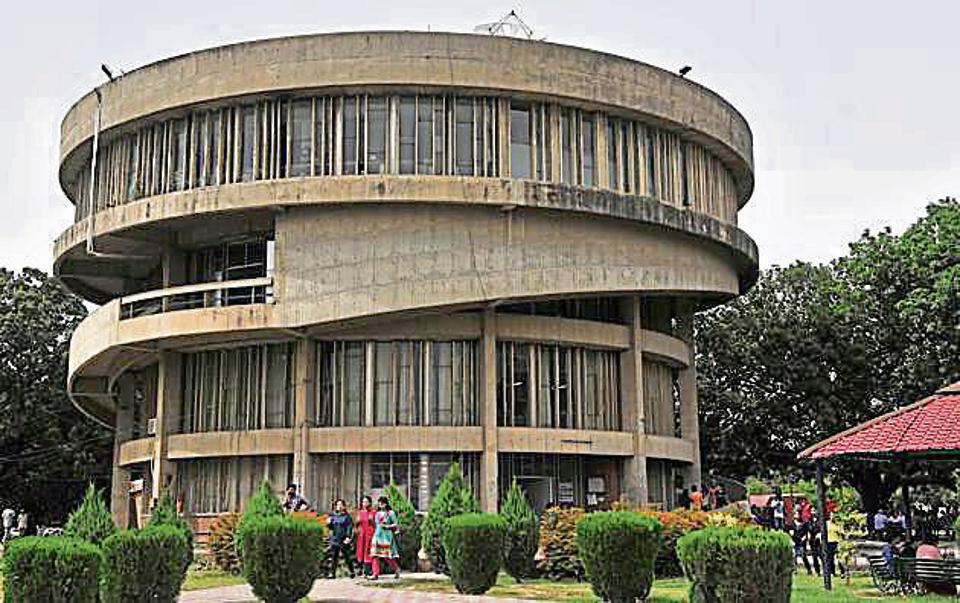Special Lecture at PU
Chandigarh July 5, 2019

The Department of Defence and National Security Studies, Panjab University, Chandigarh organised a special lecture on the theme ““Deterrence and Decision making for war in the Indian Context: An analytical study” by Lt. Gen. J. S. Cheema (Retd.) on July 5, 2019. He has retired as Deputy Chief of Army Staff (Information System and
Training). Prior to that, he was Director General of Infantry in Integrated
Headquarters of Ministry of Defence. In the lecture, he highlighted the close linkages between deterrence and decision making. He amplified that the deterrence prevents war while decision manifest in employment of military force to wage a war. The failure of deterrence leads to decision to war.
To drive his message home, he analyses four war fought and Operation Parakram undertaken by the Indian military forces. He points out the 1947-48 war was chiefly driven by the British strategic interests where in Lord Mountbatten, the governor general assumed the chairmanship of the Defence Committee of the Cabinet, which is the prerogative of the PM. The 1962 war was impacted by serious military civil disconnect and lack of adequate military capabilities. China’s decision for war was driven by
personnel interests of Mao Tse Tung to claim the Asian leadership and downplay PM Nehru. The Indian political leadership in 1965 displayed the resolve to take the war into Pakistan, however it did not employ Navy and restrictions were placed on the Indian Airforce. Still the Indian Armed forces achieved remarkable victory though more was achievable.
He particularly said and emphasized that 1971 war the masterpiece of Indian political and military decision making. This was the result of India’s astute decision making that displayed political resolve and military capability. By postponing the military operations to December 1971, India very assiduously won perception battle at the world stage and provoked Pakistan to launch airstrike on December 3, 1971. Thereafter the
Indian Armed Forces executed the meticulously planned military operations with great acumen thus securing the surrender of Pakistan Army on December 16, 1971. While taking about Kargil war, the decision of not crossing the LOC was intended to win the international community but it impacted the conduct of tactical operations by both the Army and the Airforce. Finally, on the Parakram operations, he said it was
an emotional decision carried out without cost benefit analysis and exploring various alternatives. He summarised by saying that India needs empowerment and coherence in the Civil-military leadership to have effective deterrence and efficient decision making in case of any eventuality.
[responsivevoice_button voice=”UK English Female” buttontext=”Listen to Post”]
Watch This Video Till End….







Leave a Reply
Want to join the discussion?Feel free to contribute!